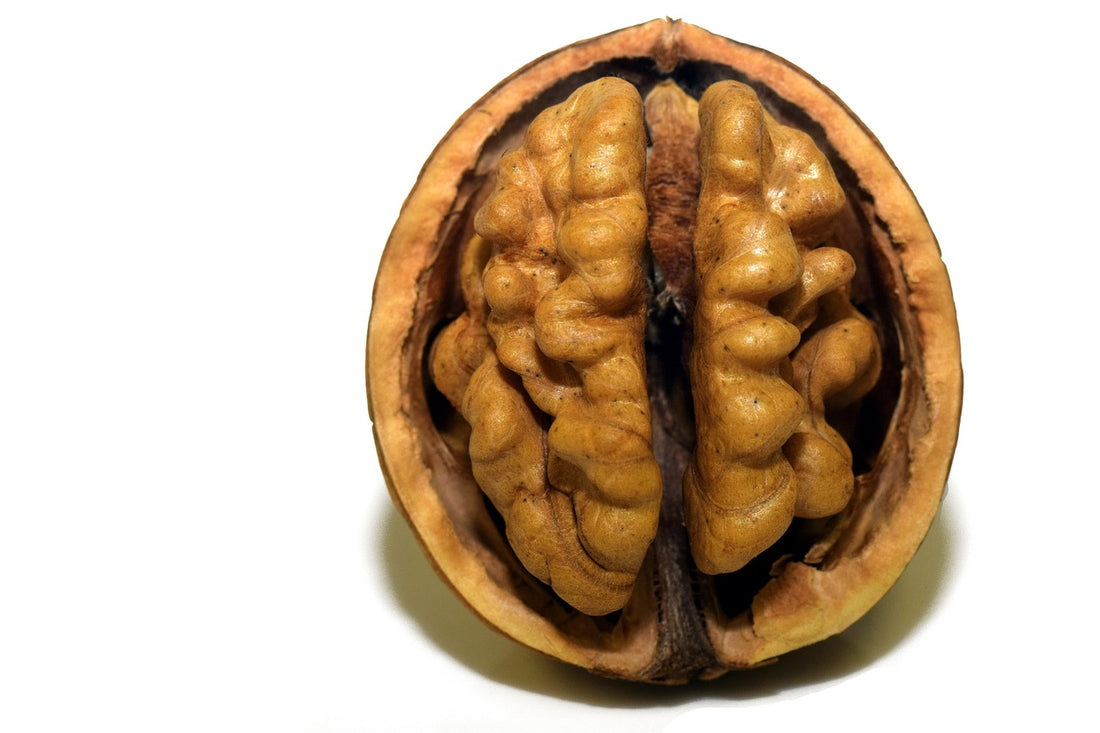Vitamins and minerals are essential micronutrients that play crucial roles in various physiological functions within the human body. Here's an overview of each:
Vitamins:
-
Vitamin A (Retinol):
- Function: Essential for vision, immune function, and skin health.
- Sources: Carrots, sweet potatoes, spinach, liver.
-
Vitamin B Complex (B1, B2, B3, B5, B6, B7, B9, B12):
- Function: Involved in energy metabolism, red blood cell formation, and neurological functions.
- Sources: Whole grains, meat, dairy, eggs, leafy greens.
-
Vitamin C (Ascorbic Acid):
- Function: Antioxidant, collagen synthesis, immune support.
- Sources: Citrus fruits, strawberries, bell peppers, broccoli.
-
Vitamin D (Calciferol):
- Function: Facilitates calcium absorption, supports bone health, and immune function.
- Sources: Sunlight, fatty fish, fortified dairy products.
-
Vitamin E (Tocopherol):
- Function: Antioxidant, protects cells from damage.
- Sources: Nuts, seeds, spinach, vegetable oils.
-
Vitamin K (Phylloquinone):
- Function: Blood clotting, bone metabolism.
- Sources: Leafy greens, broccoli, Brussels sprouts.
Minerals:
-
Calcium:
- Function: Builds and maintains bones and teeth, supports muscle function.
- Sources: Dairy products, leafy greens, fortified foods.
-
Iron:
- Function: Essential for oxygen transport in the blood (hemoglobin).
- Sources: Red meat, beans, lentils, spinach.
-
Magnesium:
- Function: Supports muscle and nerve function, bone health.
- Sources: Nuts, seeds, whole grains, leafy greens.
-
Zinc:
- Function: Involved in immune function, wound healing, and DNA synthesis.
- Sources: Meat, dairy, nuts, whole grains.
-
Potassium:
- Function: Maintains fluid balance, supports nerve and muscle function.
- Sources: Bananas, oranges, potatoes, spinach.
-
Sodium:
- Function: Regulates fluid balance, nerve impulses.
- Sources: Table salt, processed foods.
-
Phosphorus:
- Function: Supports bone health, energy metabolism.
- Sources: Dairy, meat, fish, nuts.
-
Iodine:
- Function: Essential for thyroid hormone production.
- Sources: Seafood, iodized salt.
Importance:
-
Cellular Function:
- Vitamins and minerals are integral for cellular processes, supporting growth, development, and overall cellular function.
-
Disease Prevention:
- They act as antioxidants, protecting cells from damage and reducing the risk of chronic diseases.
-
Bone Health:
- Calcium, phosphorus, and vitamin D are crucial for bone formation and maintenance.
-
Energy Metabolism:
- B-complex vitamins play a key role in energy production by aiding in the breakdown of carbohydrates, fats, and proteins.
-
Immune Support:
- Several vitamins and minerals, such as vitamin C, zinc, and selenium, play vital roles in supporting immune function.
-
Blood Clotting and Oxygen Transport:
- Vitamin K is essential for blood clotting, while iron is crucial for oxygen transport in the blood.
In essence, a balanced intake of vitamins and minerals is essential for maintaining optimal health and preventing deficiencies that can lead to various health issues.
